World
The modern world cannot be studied without examining the course, impact and legacy of two world wars, the resources in this section set out to look at both the First and Second World Wars in their global context. The section also includes the Cold War and its impact in Latin America, South-East Asia and parts of Africa. This period also sees the rise and fall of European imperialism and the changing nature of global politics and economics as technology brings different stories from so many parts of the world directly to us. Read more
Sort by:
Date (Newest first) | Title A-Z
Show:
All |
Articles |
Podcasts |
Multipage Articles
-
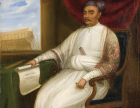
What Have Historians Been Arguing About... the British Empire and the age of revolutions in the global South
ArticleClick to view -

Filmed Lecture: Medlicott Lecture 2021 - Rana Mitter
ArticleClick to view -
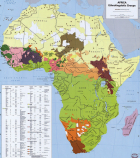
History Abridged: Language and the African continent
ArticleClick to view -
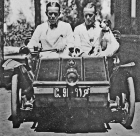
Real Lives: Robert and Thomas Gayer-Anderson
ArticleClick to view -

Out and About in Cairo
ArticleClick to view -
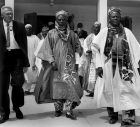
Legacies of the Cement Armada
ArticleClick to view -

‘Zulu’ and the end of Empire
ArticleClick to view -
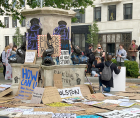
The British Empire on trial
ArticleClick to view -
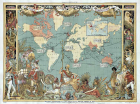
What Have Historians Been Arguing About... the impact of the British Empire on Britain?
ArticleClick to view -

‘Power to the people’? Disputed presidential elections in US history
ArticleClick to view -

Women’s friendship in late eighteenth-century America and its relevance to lockdown
ArticleClick to view -

Glowing in the Dark
ArticleClick to view -

Volunteers to a man: an industrial workplace goes to war
ArticleClick to view -

History Abridged: The Berlin Conference 1884–1885
ArticleClick to view -

Film: China's Good War
ArticleClick to view -

History Abridged: POTUS - President of the United States
ArticleClick to view -

Kennedy and the Bay of Pigs
ArticleClick to view -

A (non-Western) history of versatility
ArticleClick to view -

On Black Lives Matter
ArticleClick to view -

Exploring Twentieth-Century History
ArticleClick to view

